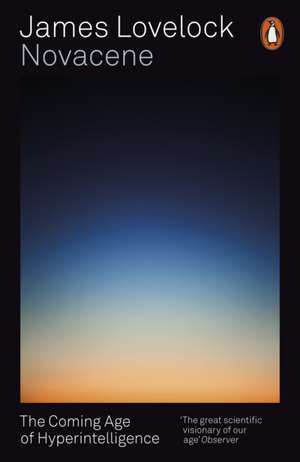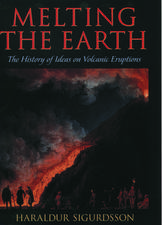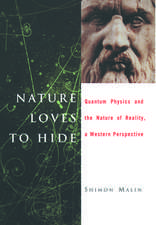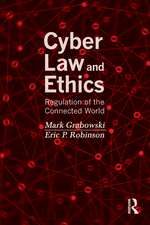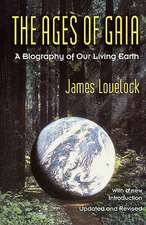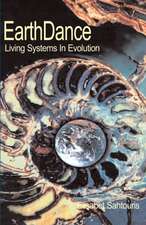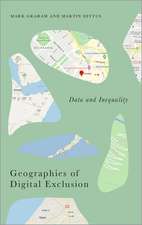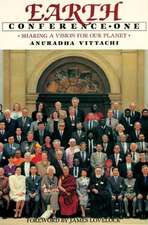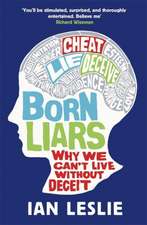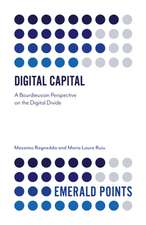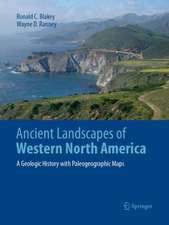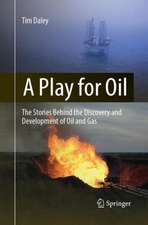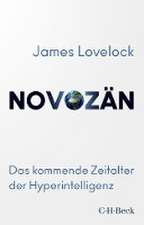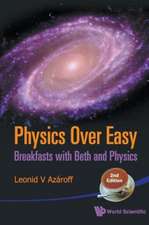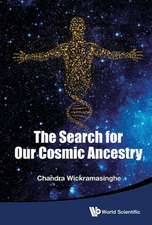Novacene: The Coming Age of Hyperintelligence
Autor James Lovelocken Limba Engleză Paperback – 29 iul 2020
The creator of the Gaia hypothesis and the greatest environmental thinker of our time has produced an astounding new theory about the future of life on Earth. James Lovelock argues that the anthropocene - the age in which humans acquired planetary-scale technologies - is, after three centuries, coming to an end. A new age - the novacene - has already begun.
New beings will emerge from existing artificial intelligence systems. They will think 10,000 times faster than we do and will regard us as we now regard plants. The cruel, violent machine takeover imagined by sci-fi writers will not happen: these hyper-intelligent beings will be as dependent on the health of the planet as we are. They will need the planetary cooling system of Gaia to defend from the increasing heat of the sun. Gaia depends on organic life. We will be partners in this project. It is crucial, Lovelock argues, that the intelligence of Earth survives and prospers. We are at present the only beings capable of understanding the cosmos, but he speculates that the novacene could be the beginning of a process that will see intelligence suffusing the entire cosmos. At the age 100, Lovelock has produced the most compelling work of his life.
Preț: 56.27 lei
Preț vechi: 68.50 lei
-18% Nou
10.77€ • 11.24$ • 8.91£
Carte disponibilă
Livrare economică 14-26 martie
Livrare express 27 februarie-05 martie pentru 27.29 lei
Specificații
ISBN-10: 0141990791
Pagini: 160
Dimensiuni: 129 x 198 x 8 mm
Greutate: 0.12 kg
Editura: Penguin Books
Colecția Penguin
Locul publicării:London, United Kingdom
Notă biografică
James Lovelock, who was elected a Fellow of the Royal Society in 1974, is the author of more than 200 scientific papers and the originator of the Gaia Hypothesis (now Gaia Theory). His many books on the subject include Gaia: A New Look at Life on Earth (1979), The Revenge of Gaia (2006), The Vanishing Face of Gaia (2009) and A Rough Ride to the Future (2014). In 2003 he was made a Companion of Honour and in 2005 Prospect magazine named him one of the world's top 100 public intellectuals, and in 2006 he received the Wollaston Medal, the highest Award of the UK Geological Society.
Recenzii
Thisrestlessly thoughtful and forward-looking book... is partly a defence of a lifetime's ideas, but mostly an argument about how AI is soon to overtake us - and what that means for our species
Leavened with wit and optimism ...Novaceneis the collected wisdom of an elder of our tribe which more than repays the short time it takes to read.
Novacenereads like undiluted Lovelock. From the start of his writing life - no matter how tortuous the narrative or complex the argument - Lovelock has written persuasively. ... if you want a sense of hyperintelligence in bipedal form,Novaceneis a good place to start.
Descriere
SUNDAY TIMES BESTSELLER
The creator of the Gaia hypothesis and the greatest environmental thinker of our time has produced an astounding new theory about the future of life on Earth. James Lovelock argues that the anthropocene - the age in which humans acquired planetary-scale technologies - is, after three centuries, coming to an end. A new age - the novacene - has already begun.
New beings will emerge from existing artificial intelligence systems. They will think 10,000 times faster than we do and will regard us as we now regard plants. The cruel, violent machine takeover imagined by sci-fi writers will not happen: these hyper-intelligent beings will be as dependent on the health of the planet as we are. They will need the planetary cooling system of Gaia to defend from the increasing heat of the sun. Gaia depends on organic life. We will be partners in this project. It is crucial, Lovelock argues, that the intelligence of Earth survives and prospers. We are at present the only beings capable of understanding the cosmos, but he speculates that the novacene could be the beginning of a process that will see intelligence suffusing the entire cosmos. At the age 100, Lovelock has produced the most compelling work of his life.
